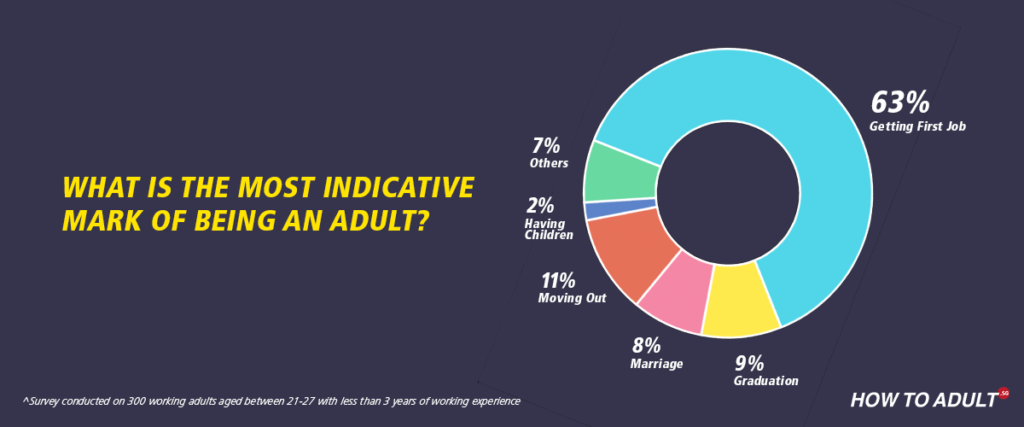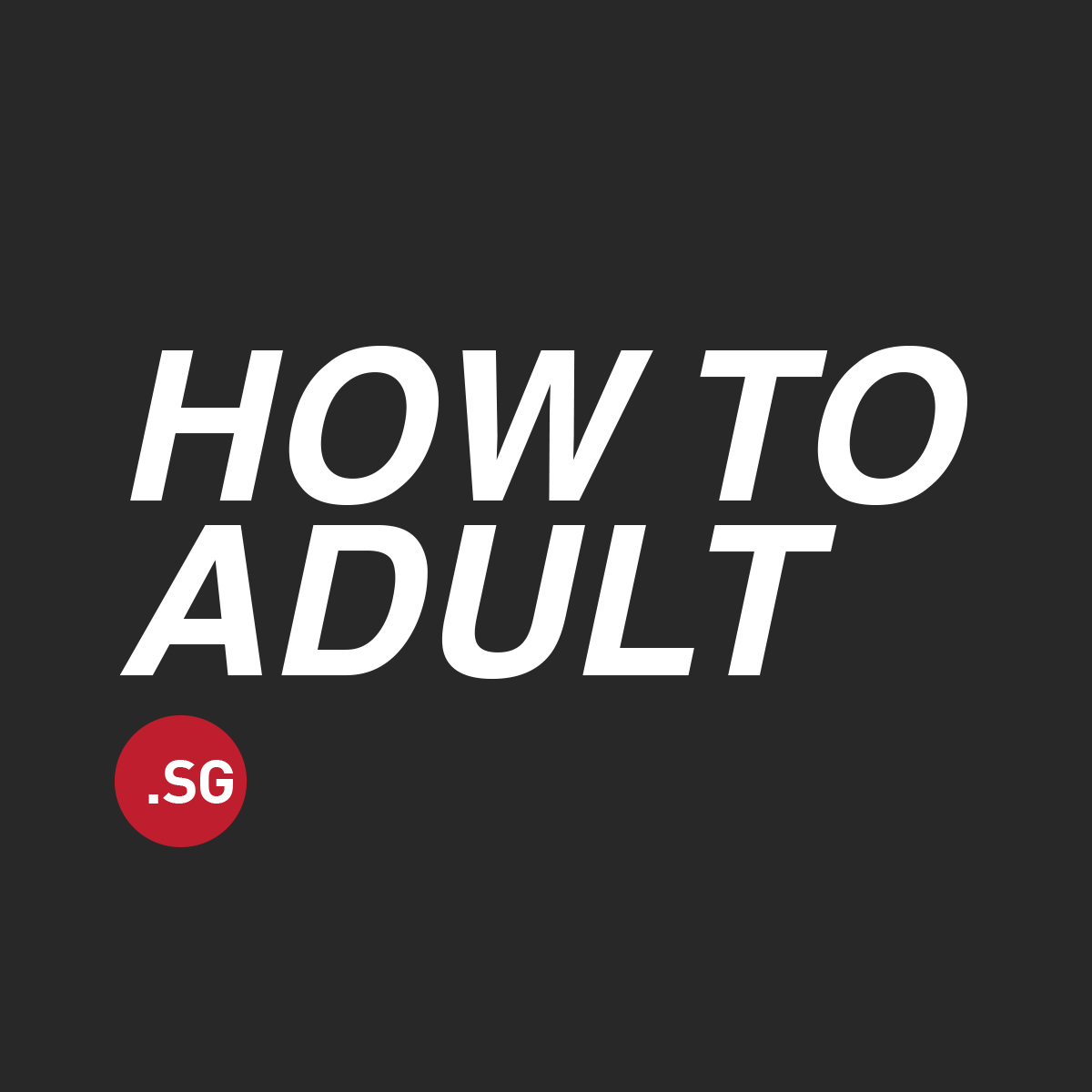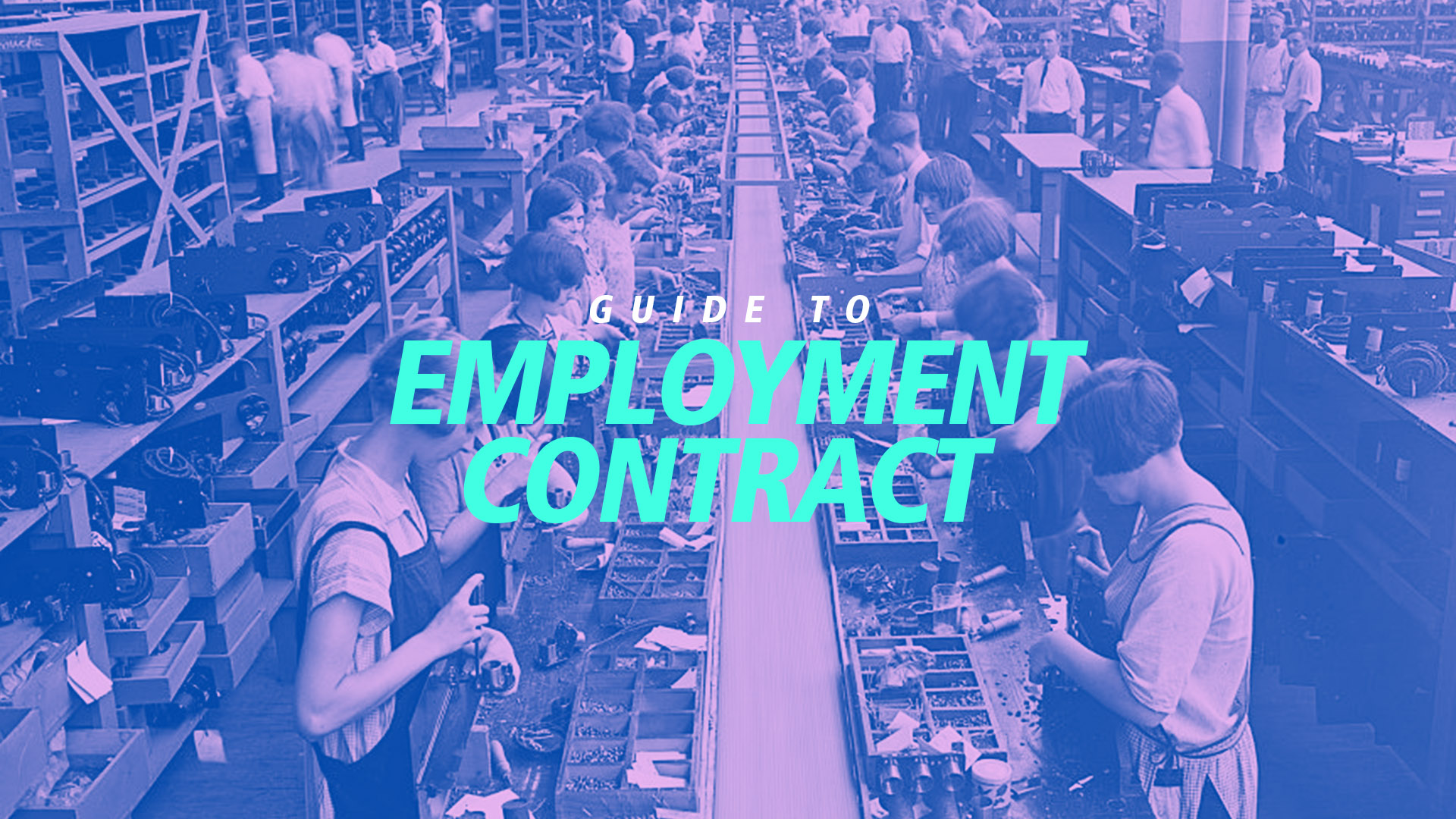The How To Adult team conducted a survey on 300 young working adults and found that 63% perceive getting the first job as the most definitive mark of adulthood. Before you embark on this exciting journey, you have to take note of the long list of terms and conditions in your employment contract.

Are you scared shitless? No fear, my friend – we got you.
This checklist features 8 key terms in your employment contract to lookout for, before signing your life away to your employer. A key point to note is that policies differ among companies, so this checklist isn’t 100% exhaustive. Here we go!
1. Contract Type
- What kind of position are you being hired for? Is it a permanent, contract or temporary position?
- Duration of contract, Start/End date (contract and temporary position)
- Is the contract wholly binding or does it include other terms and conditions found in an employee handbook? If yes, ask for a copy of the employee handbook to find the guidelines within
2. Job Details
- What is your job title?
- Have you been given a job description?
- What is your job scope and highlighted responsibilities?
- Is it what you signed up for?
3. Money Talk
- Is the basic salary stated in the agreement as agreed in earlier conversations?
- Is your job commission-based? If so, how is it calculated?
- Are you entitled to additional monetary incentives?
- Are you entitled to any bonuses and incentives?
- Overtime Pay
- Annual Wage Supplement (AWS) or better known as 13th month bonus
- Reimbursement of special expenses incurred during the course of employment
- Productivity incentive payments
- Travel, food and housing allowances
4. Leave and other benefits
- Does the contract meet the statutory leave entitlement?
- Annual Leave
- Outpatient sick leave
- Hospitalisation sick leave
- Maternity leave
- Paternity leave
- Childcare leave
- Parent care leave
- Does the company provide other medical benefits such as health insurance and dental benefits?
- Does the company provide annual training programme?
5. Working Arrangements
- What are your daily working hours?
- Will you be required to work on shift?
- If so, what is the shift roster and does it provide sufficient rest days?
- How many working days per week?
6. Probation Period
- Is there a probation period? If so, for how long?
- Which terms and conditions are different during this probation period?
7. Termination
- What is the notice period for termination of contract, before and after employment confirmation?
- Are the notice periods for termination equal for both parties?
- Are there non-compete clauses that restrict your employment in similar companies or industry when you leave the company?
8. Violation of Terms
- Are there any penalty clauses for early termination of contract, failure to meet performance targets or misconduct?
Did you know that not every employee is covered by the statutory Employment Act? Learn more about who the Employment Act covers here.
If you are not covered by the Employment Act, your terms and conditions of employment will be solely according to your employment contract.
It might seem tedious, but so long as you understand your responsibilities and read ALL the fine print, you should be able to avoid any unnecessary disputes (we hope!). Clear your doubts with the HR manager, or forever hold your peace – at least until you leave your job. Good luck and all the best in your new career!


